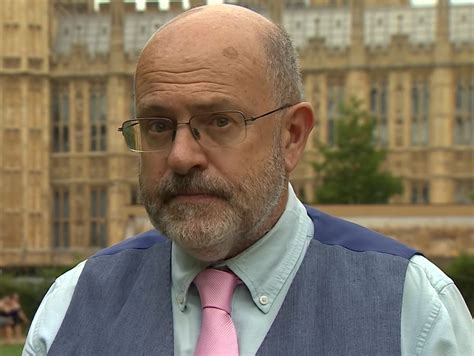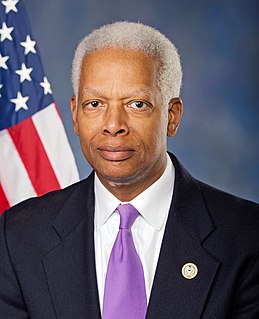A Quote by Nelson Mandela
Our economic approach to food and its distribution reflects our basic moral values.
Quote Topics
Related Quotes
Perhaps the most significant thing a person can know about himself is to understand his own system of values. Almost every thing we do is a reflection of our own personal value system. What do we mean by values? Our values are what we want out of life. No one is born with a set of values. Except for our basic physiological needs such as air, water, and food, most of our values are acquired after birth.
I think the problem is these basic sort of human values from our - from the beginning, from birth, are not sort of properly nurtured. So then our mind, our brain, through education and also difference of experiences, that eventually, these basic values or what are called dominant, not have the catching up our intelligence, experience growth, that also should grow. Then our life become more human.
... For all our alarm, it is clear that the religious right is responding to a real hunger in our society... a deep-seated yearning for stable values... When conservative Christian groups talk of failures in our educational system, the erosion of our moral standards, and the waste of young lives, they are addressing real and legitimate concerns... Among secularists, the aversion toward discussion of moral values, let alone religion, can reach absurd extremes.
As it has over the decades, the union movement stands for the fundamental moral values that make America strong: quality education for our children, affordable health care for every person-not just some-an end to poverty, secure pensions and wages that enable families to sustain the middle-class life that has fueled this nation's prosperity and strength. Union members and other working family activists don't just vote our moral values-we live them. We fight for them, day in, day out. Our commitment to economic and social justice propels us and everything we do.
Our example - and commitment - to freedom has changed the world. But along with the genius of our Declaration of Independence, our Constitution, and our Bill of Rights, is the equal genius of our economic system. Our Founding Fathers endeavored to create a moral and just society like no other in history, and out of that grew a moral and just economic system the likes of which the world had never seen. Our freedom, what it means to be an American, has been defined and sustained by the liberating power of the free enterprise system.
There is increasing social concern about our use of nonhumans for experiments, food, clothing and entertainment. This concern about animals reflects both our own moral development as a civilization and our recognition that the differences between humans and animals are, for the most part, differences of degree and not of kind.
Our approach to existential risks cannot be one of trial-and-error. There is no opportunity to learn from errors. The reactive approach - see what happens, limit damages, and learn from experience - is unworkable. Rather, we must take a proactive approach. This requires foresight to anticipate new types of threats and a willingness to take decisive preventive action and to bear the costs (moral and economic) of such actions.
In a world where so much seems to be hidden by the smoke of falsity and moral degeneration, we Americans must grasp firmly the ideals which have made this country great. We must reaffirm the basic human values that have guided our forefathers. A revival of old-fashioned patriotism and a grateful acknowledgment of what our country has done for us would be good for all our souls.
We pass our values, ideas and moral character on to our children, but we do that knowing that our children are going to revise our knowledge and reshape their values. There's something very paradoxical and profound about being a parent as opposed to parenting. We put in all this effort and energy not so that we can shape a child of a particular sort, but so that all sorts of possibilities can happen in the future.












































